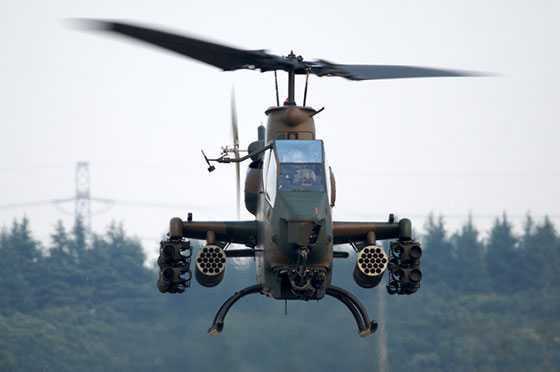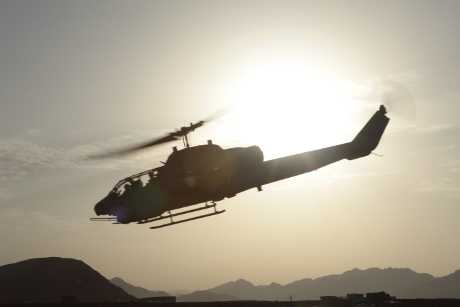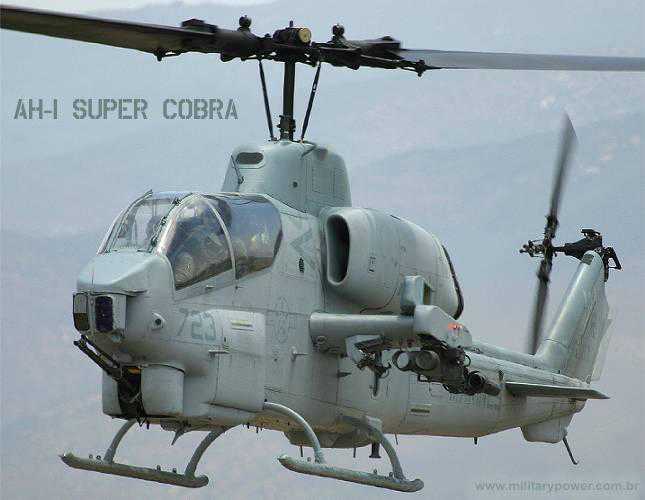By Craig Whitlock, Wednesday, November 2, 12:08 AM

The Pentagon has agreed to sell three attack helicopters to Turkey and is trying to persuade Congress to sell highly coveted Predator or Reaper drones to its increasingly influential ally in the Middle East, defense officials said Tuesday.
Turkey has sought for years to purchase the helicopters and drones for use against Kurdish militants in northern Iraq but has had difficulty winning approval from Congress. Some U.S. lawmakers have been reluctant to part with sensitive drone technology and are concerned by Turkey’s worsening relations with Israel.
In recent weeks, however, the Obama administration has achieved some breakthroughs in its attempt to solidify security ties with Turkey, a NATO ally and a reemerging economic and military power in the Middle East.
On Friday, the Defense Department notified Congress that it would sell three AH-1W Super Cobra helicopters and parts to Turkey for $111 million. While Congress could still block the sale, it would have to do so within 15 days. Key lawmakers have given tacit approval.
Pentagon officials also said this week that they support Turkey’s more controversial desire to buy Predator or Reaper drones, which can be equipped with Hellfire missiles and satellite-guided bombs. The unmanned aircraft have become a primary weapon in the Obama administration’s counterterrorism operations in Iraq, Afghanistan, Pakistan, Yemen and Somalia.
They also are perpetually in demand among the U.S. armed services; the Pentagon’s willingness to sell the drones to Turkey underscores the importance that Washington places on its relations with Ankara.
On Tuesday, Turkish Defense Minister Ismet Yilmaz reiterated his country’s desire to acquire the drones in a meeting at the Pentagon with Defense Secretary Leon E. Panetta, according to Navy Capt. John Kirby, a defense spokesman.
Congress, however, has expressed reservations, citing Turkey’s increasingly rocky relations with Israel, a key U.S. ally in the Middle East. The two countries, once regional allies, have been at odds since May 2010, when Israeli commandos killed nine Turks aboard an aid flotilla attempting to break the Israeli naval blockade of the Gaza Strip.
Alexander Vershbow, assistant secretary of defense for international security affairs, told the American-Turkish Council in Washington on Monday that the drone sale was being held up by concerns on Capitol Hill.
“This topic is influenced by the problems in Turkish-Israeli relations,” said Vershbow, who also led a delegation to Ankara last week to discuss counterterrorism cooperation. “This is not a secret. But just to repeat it, we do support the sale.”
Similar concerns affected negotiations between the United States and Turkey over a NATO missile-defense project under which Ankara agreed to host a key radar station.
Turkey originally said it would refuse if the radar could benefit Israel, a stance that raised concerns in Congress. The Obama administration finessed the issue by omitting any mention of Israel from the accord, which was approved in September.
Turkey wants to buy U.S. drones so it can deploy them against the Kurdistan Workers’ Party, or PKK. The Kurdish group, which is fighting to create an autonomous enclave in Turkey, has for years launched cross-border attacks from its hideouts in northern Iraq.
The potential drone purchase is separate from Turkey’s request for the U.S. military to base a fleet of its Predator drones on Turkish soil.
The United States has flown the unarmed Predators from Iraqi bases since 2007 and shared the planes’ surveillance video with Turkey as part of a joint crackdown against the PKK. But the U.S. drones will have to leave Iraq by Dec. 31, the deadline for American forces to exit that country.
via Pentagon agrees to sell three attack helicopters to Turkey – The Washington Post.




